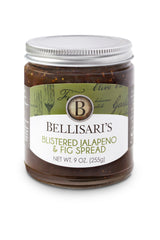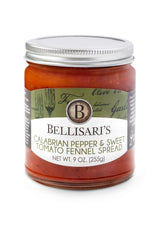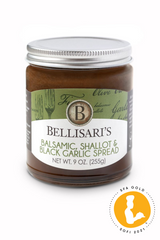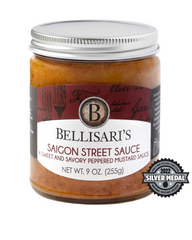
Humans are naturally omnivores and are adapted to an omnivorous diet. In other words, we can eat plant-based foods and meat. However, vegetarianism, consuming a meat-free diet, is a conscious choice that increasing numbers of people are making for ecological, ethical, and health concerns. Even adding in one meatless meal per week (i.e. Meatless Monday) can ease the burden on Mother Earth and be beneficial to your health. Currently it is estimated that 5% of the US population follows a vegetarian diet. That’s significantly higher than just 5 years ago.
On a vegetarian diet many of the traditional foods that Americans are accustomed to eating won’t fit in, so when you begin this diet, you may have to get creative and experiment with foods that are not familiar. A common concern about vegetarian diets is that they may lack the sufficient nutrients one needs for optimal health. However, experts agree that a well-planned meatless diet can provide all the nutrients you need.
Even so, getting enough protein and essential vitamins and minerals can be harder for people who do not eat meat or animal products. A person must plan ahead to ensure they get enough protein, calcium, iron, and vitamin B-12, which people on an omnivorous diet get from animal products.
Plant-based can sound intimidating, but if you learn how you can get your nutrients without meat, you won’t be hesitant at all. For example, if most of the protein in your current diet comes from meat, you have to figure out how to replace that protein source with a plant-based source. Soy products are among the richest sources of protein in a plant-based diet. Tofu, tempeh, and edamame are versatile sources of protein. These soy products also contain good levels of calcium and iron, which makes them healthful substitutes for dairy products. Foods like lentils, beans, or peas are also excellent sources of protein.
Vegetarians and vegans can get the calcium needed by including calcium-rich foods like dark green vegetables such as turnip and collard greens, kale, and broccoli, which are good plant sources when eaten in sufficient quantities. Calcium-enriched and fortified products including juices, cereals, soy milk, soy yogurt, and tofu are other options. For the iron one needs, cooking in cast iron and including lots of green leafy vegetables in your diet are a few ways to add iron to your diet. Nutritional yeast can provide many nutrients. It is a complete protein, it contains many B vitamins, and it contains trace minerals such as zinc, selenium, and manganese.
With a little planning, a vegetarian diet can meet the needs of people of all ages – children, teenagers, and even pregnant or breast-feeding women. The key is to be aware of your nutritional needs so that you plan a diet that meets them.
Cooking with Bellasari’s Gourmet Sauces and Spreads is one easy and convenient way to make vegetarian recipes taste amazing. Find delicious vegetarian recipes on our website like Vegetarian Calabrian Pepper & Sweet Tomato Pizza (https://bit.ly/3Kee849), Caprese Stuffed Portobello Mushrooms (https://bit.ly/3GFlkDY), or White Cheddar Bean Burgers With Blistered Jalapeno & Fig Spread (https://bit.ly/3fAlkt2) just to name a few.
If you’re considering becoming a vegetarian or even if you just want to add “meatless Monday” to your home meal rotation, with a little planning you can serve delicious and nutritious vegetarian fare. Bellisari’s can help!






